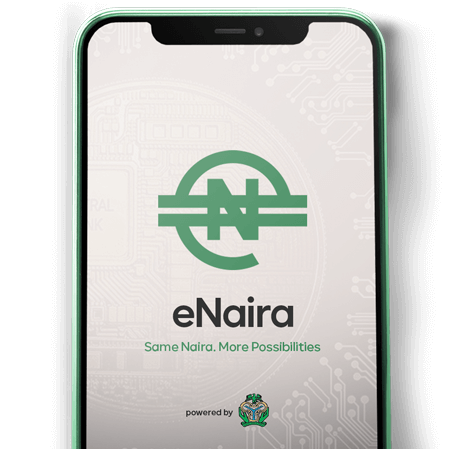Emefiele gives update on eNaira
Mr Godwin Emefiele, Governor, Central Bank of Nigeria (CBN) says Nigerians are…
ENaira won’t affect commercial banks’ deposits – Expert
Dr Biodun Adedipe, Chief Consultant, B. Adedipe Associates Ltd., said the e-Naira…
Fraudsters woo Nigerians with N50bn eNaira bonanza
The Central Bank of Nigeria (CBN) has advised Nigerians to be wary…
Harvard professor lists requirements for -eNaira success
Prof. Lauren Cohen, L. E Simmons Professor of Business Administration, Harvard Business…
15 quick facts about eNaira
Nigeria launched the much awaited eNaira on Monday, October 25, 2021. This…
eNaira to fetch $29bn in 10 years – Buhari
President Muhammadu Buhari says the adoption of Central Bank Digital Currency(CBDC) can…
BREAKING: FG finally introduces eNaira
October 2025 has become a historical day in Nigeria's finacial system as…





